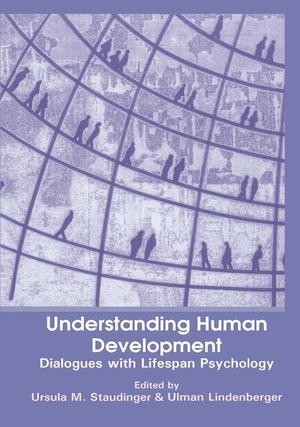Für statistische Zwecke und um bestmögliche Funktionalität zu bieten, speichert diese Website Cookies auf Ihrem Gerät. Das Speichern von Cookies kann in den Browser-Einstellungen deaktiviert werden. Wenn Sie die Website weiter nutzen, stimmen Sie der Verwendung von Cookies zu.
Cookie akzeptieren
Understanding Human Development
- Springer US
- 2003
- Taschenbuch
- 540 Seiten
- ISBN 9781402073830
K. Warner Schaie I am pleased to write a foreword for this interesting volume, particularly as over many years, I have had the privilege of interacting with the editors and a majority of the con tributors in various professional roles as a colleague, mentor, or research collaborator. The editors begin their introduction by asking why one would want to read yet another book on human development. They immediately answer their question by pointing out that many developmentally oriented texts and other treatises neglect the theoretical foundations of human development and fail to embed psychological constructs within the multidisciplinary context so essential to understanding development. This volume
Mehr
Weniger
zzgl. Versand
in Kürze